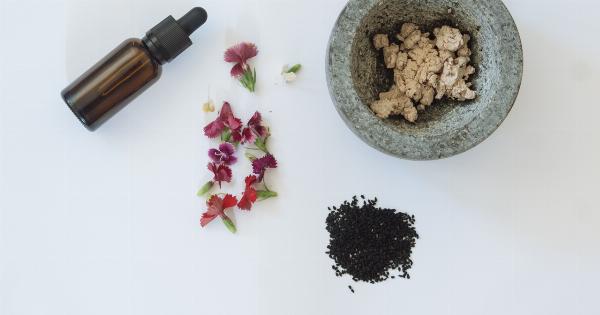Dandruff is one of those annoying inconveniences that many of us have to deal with at some point in our lives. It can be embarrassing, uncomfortable, and even painful.
But what exactly is dandruff, and what can you do about it? In this guide, we will cover everything you need to know about dandruff, from causes and symptoms to prevention and treatment.
What is Dandruff?
Dandruff is a common skin condition that affects the scalp, causing flakes of skin to appear. It is often associated with dryness but can also be caused by excess oil production.
In some cases, it can be caused by underlying skin conditions such as psoriasis or eczema.
What Causes Dandruff?
There are several factors that contribute to the development of dandruff, including:.
- Dry Skin: When the scalp is dry, it can flake and create dandruff.
- Oily Skin: Excess oil production can also cause dandruff.
- Fungal Infections: Fungal infections can also cause dandruff.
- Allergic Reactions: Certain hair care products can cause an allergic reaction, leading to dandruff.
- Hormonal Changes: Hormonal changes can also contribute to the development of dandruff.
If you are experiencing dandruff, it is important to determine the underlying cause so that you can treat it effectively.
What Are the Symptoms of Dandruff?
The most common symptom of dandruff is flakes of skin on the scalp that can be seen in the hair or on clothing. Other symptoms include itching, redness, and inflammation of the scalp.
How Can You Prevent Dandruff?
There are several ways to prevent dandruff, including:.
- Maintain Good Hygiene: Regular washing of the hair and scalp can help prevent dandruff.
- Avoid Certain Hair Products: Some hair products can contribute to dandruff, so it is important to avoid those that contain harsh chemicals.
- Eat a Balanced Diet: A healthy diet can help prevent dandruff by providing your body with the necessary nutrients to maintain healthy skin.
- Manage Stress: Stress can contribute to many health problems, including dandruff. Managing stress through exercise, meditation, or other relaxation techniques can help prevent dandruff.
How Can You Treat Dandruff?
There are several treatment options for dandruff, including:.
- Dandruff Shampoos: There are many dandruff shampoos on the market that can effectively treat dandruff. Look for shampoos that contain ingredients such as zinc pyrithione, salicylic acid, or coal tar.
- Topical Medications: In some cases, a prescription-strength topical medication may be necessary to treat dandruff. These medications may contain ingredients such as ketoconazole or ciclopirox.
- Lifestyle Changes: Making lifestyle changes such as improving your diet or managing stress can also help treat dandruff.
When Should You See a Doctor?
If you are experiencing severe or persistent dandruff or if over-the-counter treatments are not effective, it is important to see a doctor. In some cases, dandruff may be a symptom of an underlying skin condition that requires medical attention.
The Bottom Line
Dandruff can be a nuisance, but it is generally not a serious health concern. By maintaining good hygiene, avoiding certain hair products, and making lifestyle changes, you can help prevent and effectively treat dandruff.
If your dandruff persists or is severe, be sure to see a doctor for further evaluation.




























